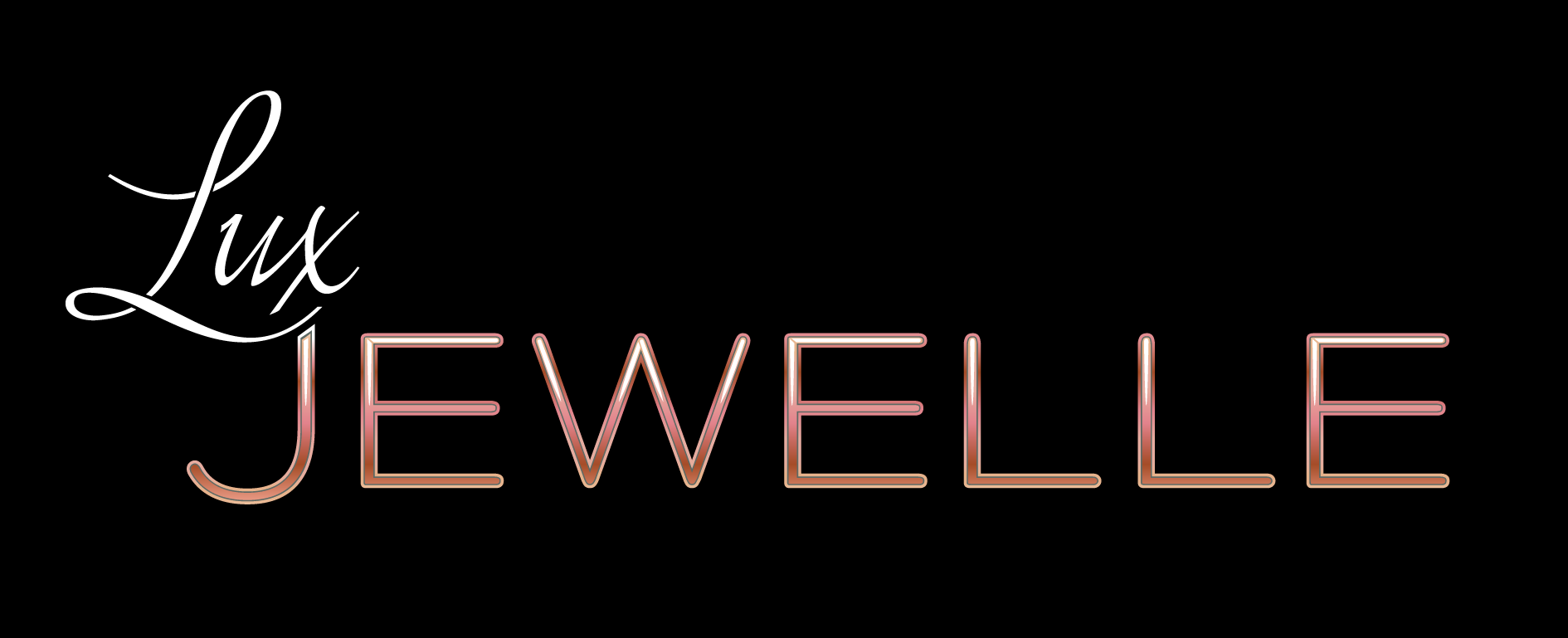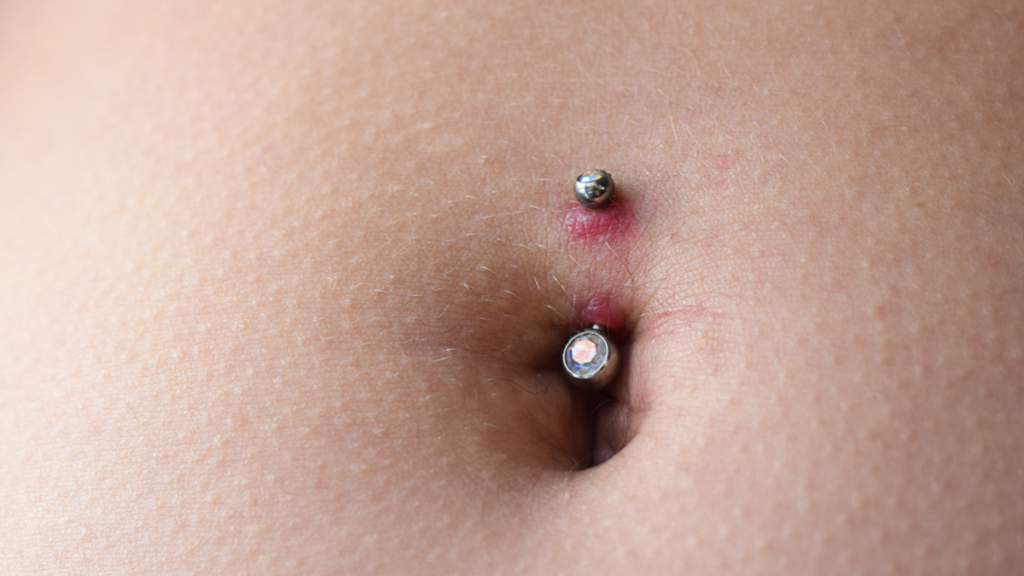Pain, swelling, bleeding, redness and other unpleasant problems with piercing. Sound familiar? If your answer is yes, read this.
Material complications
Unfortunately, we often come across complications related to piercing jewelry. You have been sold jewelry accompanied by the following phrases: “quality jewelry,” “nickel-free surgical steel”. However, there is a danger hidden in all of these that can cause some people serious complications and allergic reactions.
EU standards accept e.g. the use of nickel in piercing jewelry, as long as it does not exceed a certain concentration. Unfortunately, all these pieces of jewelry sold with the previously mentioned arguments contain a lot of residual metals. Although surgical steel sounds like a safe alternative to the listener, the truth is that steel is always steel and it contains numerous unfavorable alloys, e.g. nickel.
Please see further information about nickel allergy from this article
It is therefore the customer’s responsibility to find out the origin of the jewelry and what materials it is made of. And the mess is challenging. The internet is full of offers and all jewelry is sold with the same phrases and.
We tell you what you can pay attention to when buying pierced jewelry:
Manufacturer / brand
If it is clearly visible to you in the sales situation which brand of jewelry it is, it is easy for you to go and research more on the manufacturer’s website. On the website of a high-quality manufacturer, you can find information about their methods of operation, as well as jewelry laboratory tests and certificates. If you cannot find out the brand of the jewelry, it will be difficult for you to convince yourself of the quality of the jewelry.
Branded jewelry also has manufacturer’s guarantees against manufacturing defects.
Information about the material
We always recommend choosing implant-grade titanium, nickel-free gold or niobium as jewelry. You should also be careful with these. For example, not all titanium is complication free when used for a long time. So choose American standard high-gloss implant grade titanium (Ti-6AL-4V-ELI ASTM F136). It is a hypoallergenic, nickel-free material. It is suitable for use by everyone and does not cause sensitivities. High gloss has its own important purpose, it makes the surface slippery and collects even fewer microbes. Suitable for first jewelry.
Not all gold is automatically nickel-free either, because most gold jewelry uses nickel as an alloy, especially in white gold jewelry. So pay attention when browsing the manufacturer’s pages, what kind of alloys their gold contains and choose a nickel-free option.
If you are really sensitive and even high-grade titanium causes a problem, you can try niobium as an alternative. It is a pure element and no extra impurities have been added to it. You can order niobium piercing jewelry through us.
Attachments of gemstones
What if the material of your jewelry is good, but it still creates a problem? Often in the cheapest jewelry, the stones are attached with glue and they are glass instead of real gems. This means that other chemicals in the jewelry, such as glue, can cause skin irritation. So look and make sure that the stones are genuine gemstones and that they are attached with a jewelry setting and not with glue.
If you have the problems mentioned at the beginning, I recommend trying our selection of piercing jewelry. Piercings and body modification with them is a wonderful hobby and many people have received help with their problems through our jewelry. If you have any questions, our customer service will help you!
Best, LuxJewelle























